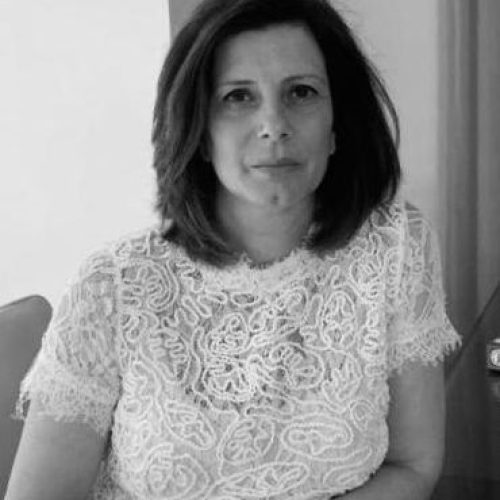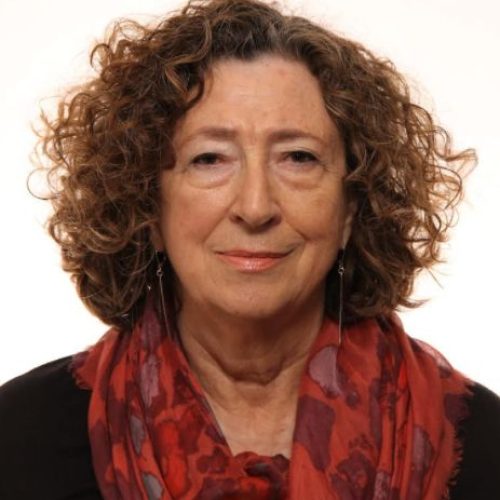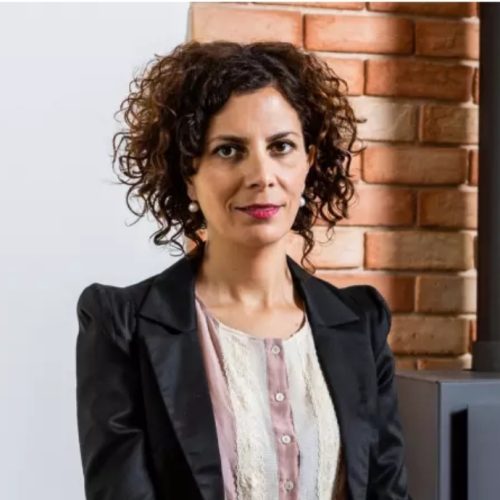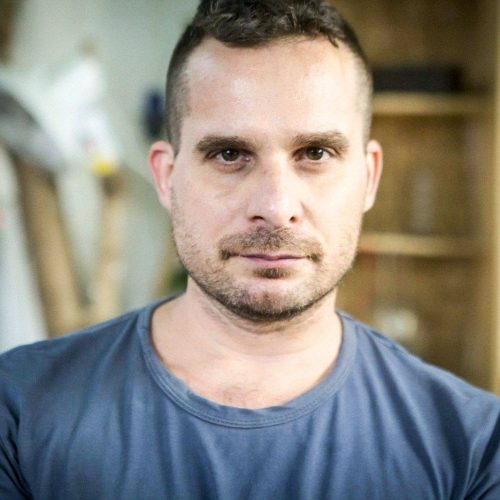>> Read the full position paper in pdf
On 6 December 2023, the Knesset Health Committee held a brief debate at which Zulat sought to voice its opposition to the impending closure of the resilience center in the Golan Heights. MK Gilad Kariv presented Zulat’s position, as formulated in this paper.
Zulat wishes to express its opposition to the government’s selective funding of resilience centers, which will leave the residents of northern Israel without proper mental health care.
The shocking massacre perpetrated by Hamas in Israel’s southern border communities on 7 October 2023 and the ensuing state of war in the south and north of the country have led to a sharp increase in the mental distress of Israel’s citizens, to which the state must provide a response.
Since 2009, the Health Ministry has been operating “resilience centers” to promote the civil fortitude of communities facing a security threat. Their professional-organizational and therapeutic services enable the authorities to provide a response to individuals, families, and communities.
The under-budgeting of resilience centers has been on the public agenda for many years. Nevertheless, governments have failed to fund them or to set up a strategy to meet the population’s needs for mental health care. Two centers did open in 2021 in the Galilee, but clear criteria have yet to be set for opening and funding such centers.
Given that it has not been allocated a budget, the resilience center in the Golan is set to be closed. At the same time, as part of the allocations in the 2023 state budget stemming from the coalition agreements signed with the parties, the government decided to allot an additional 6 million shekels to the resilience centers in West Bank settlements, plus another 4 million shekels in the 2024 budget.
Adding such a large budget to the settlers, while ignoring the residents of the north, is a mere extension of the government’s decision to cultivate a welfare state in the settlements and further reduce the social rights of residents of the State of Israel. This is a decision that cries to high heaven, particularly at a time when residents of northern Israel are having to contend with war in their backyards.
Zulat calls on the Knesset to prevent the severe discrimination against the residents of northern Israel and to ensure that the resilience center in the Golan continues to function and provide mental health care to those in need.





